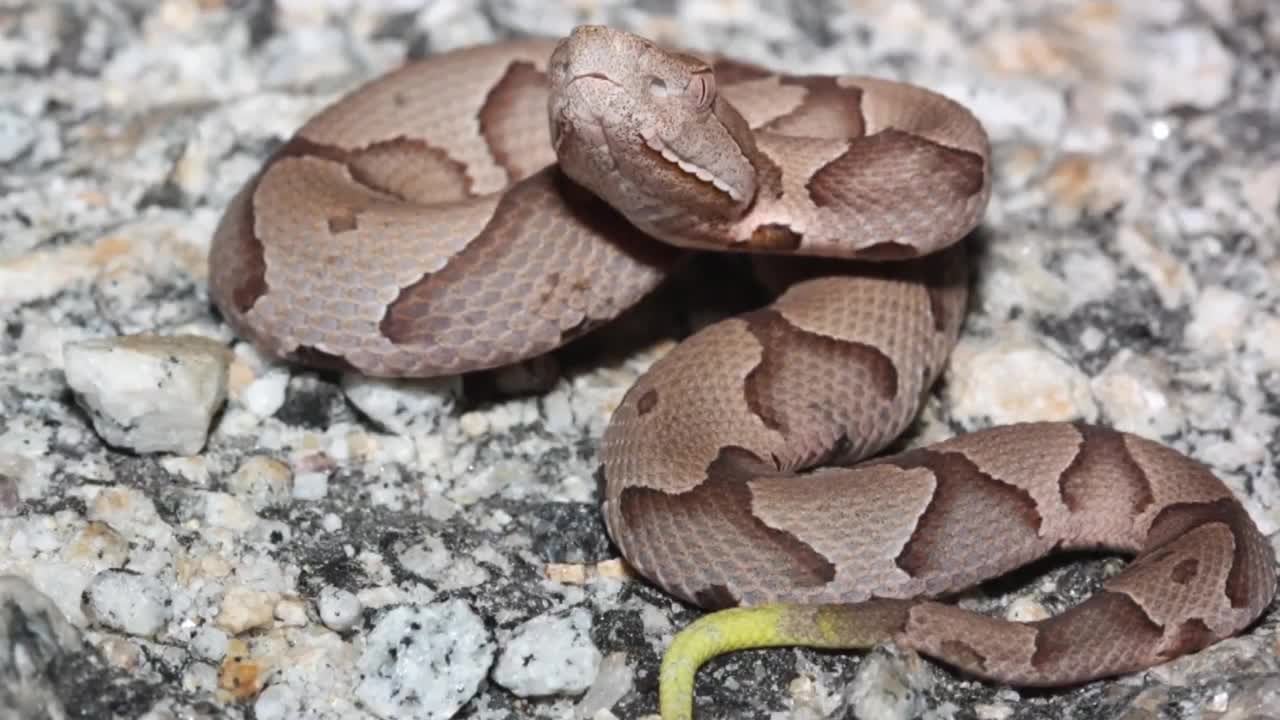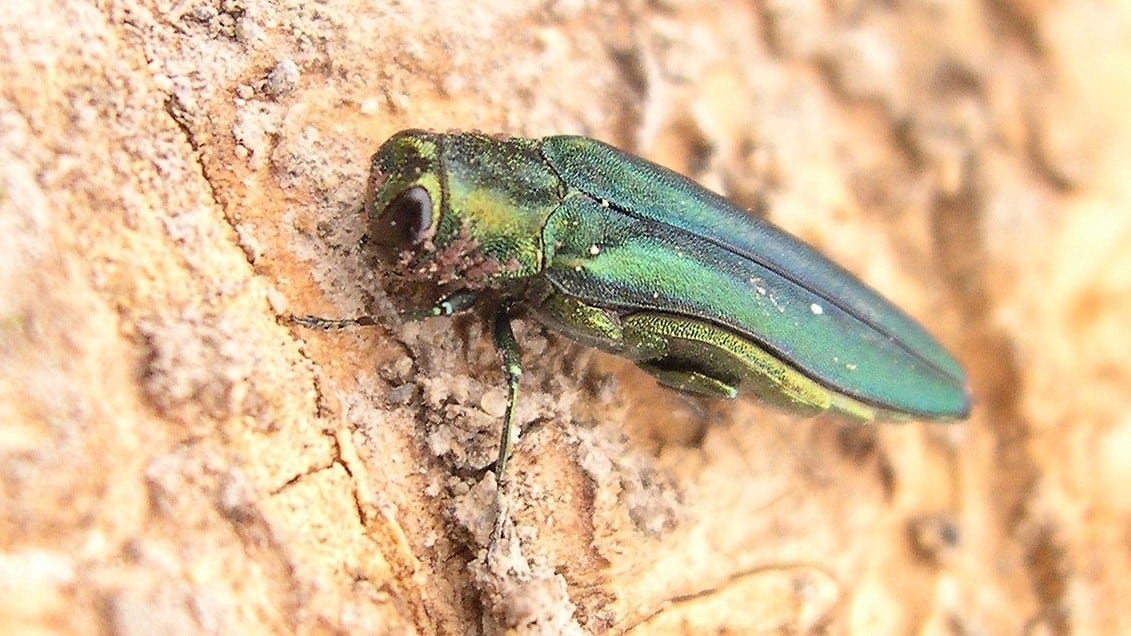In Georgia and South Carolina, this ant’s sting could kill you
AUGUSTA, Ga. (WRDW/WAGT) - The invasive Asian needle ant – possibly a deadly threat for those allergic to bug bites – is spreading quickly across Georgia and South Carolina.
The stings, while not life-threatening to most, can cause anaphylactic shock in some individuals.
And you may not know you’re allergic until you get stung.
That’s what happened to Susan Simon in Brookhaven, Ga.
It's snake season – What if you run into one?
You may start seeing more snakes because they like things like wood and brush piles – just the kind of debris that's still around from Helene.

She just got back from the hospital after a third sting from one of the ants.
She says the sting is painful, and she struggled to breathe.
The first time, she took Benadryl and tried to shake it off, but she ended up unconscious.
“My family was here to help, thank goodness,” she said. “I lost consciousness and they actually caught me as I was going down.”
One of the worst invasive species in a lifetime infesting S.C.
The emerald ash borer, an invasive wood-boring beetle from China, has damaged or killed hundreds of millions of trees since it arrived in the U.S.

The ants are small, about three-sixteenths of an inch.
Simon says they look like the ants she expects to see in her garden.
Although when she was stung, she immediately sought treatment from an allergist, he didn’t recognize the sting.
“I suspect there are people who have shown up in emergency rooms where the physician diagnosed anaphylaxis and nobody ever knew what happened,” said Daniel Suiter, entomologist with the University of Georgia.
Asian needle ants, originally discovered in the 1930s, have now established colonies along much of the East Coast. Scientists began to understand their full impact only in recent decades.
Helene debris spawns boom of disease-carrying mosquitoes
With the summer already underway, the rain and warmer temperatures can make the perfect combination for mosquito populations to skyrocket.
They have a painful, venomous sting that is more likely to cause an allergic reaction than a bee sting. They can infest homes. They can also devastate the natural environment by eliminating native ant species.
“One of the biggest issues is that people come into with them not even knowing there’s ants there because they’re just kind of there and nondescript,” said Clemson University Professor Dr. David Coyle. “If you’re doing gardening, put your gloves on.”
Asian needle ants are smaller than carpenter ants but larger than sugar ants.
To reduce the risk of encountering them, experts advise keeping lawns clear of debris and using bait traps. Colonies often hide under logs or stones in wooded or suburban areas.
If you think you’ve spotted an Asian needle ant, Suiter suggests snapping a photo or collecting a sample using tweezers. Place it in a sealed vial or bag and send it to your local UGA Extension office for identification.
For those with known allergies to insect stings, experts recommend carrying an EpiPen when spending time outdoors.
Copyright 2025 WRDW/WAGT. All rights reserved.















